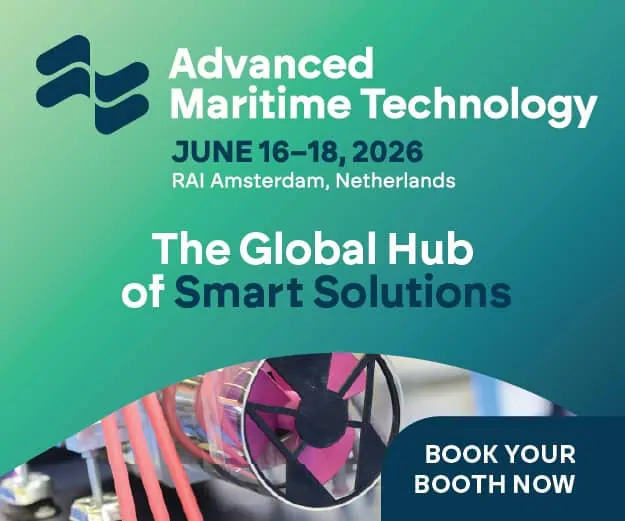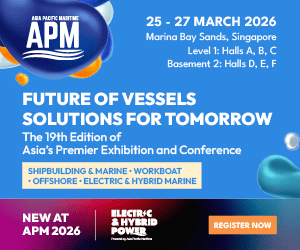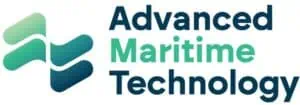Auckland Council recently announced that they have invested $27 million in two electric ferries, set to launch in 2024. The ferries will be designed and produced by EV Maritime, led by University of Auckland alumnus Michael Eaglen, co-founder and CEO.
The EV Maritime ferries will not be hybrid, rather fully battery electric, charged from the dock while loading and unloading passengers. This has meant that as well as designing the vehicles themselves, critical to success is the implementation of a whole new area of infrastructure for public transport. Michael says “For the Auckland network we have been working with Vector and several of the gentailers from quite early in the project. The infrastructure part of the project is not as difficult as the boats, but it is far from trivial.”
Other challenges identified that could potentially impact costs and timelines include the impact of the war in Ukraine, challenging international supply chains and a fluctuating economy. When asked for tips on tacking course in business based on volatile elements, Michael says “If you have the fundamentals right – something which engineering teaches you well – then there’s always a way through. You just have to keep on pushing, keep on trying, keep on finding a way. It’s exhausting at times, but everything that is really worthwhile seems to involve a struggle. The other things you need to deal with these variables are honesty and an open mind. Sometimes problems arise which require you to change direction, and sometimes that change of direction makes things complicated in the commercial or project management relationships with customers or project partners. As they say, the quality of an individual’s character is proven not in the easy times but in the hard times.”
Michael welcomes the challenges for their rewards. “When so many people go to work and do the same thing every day, it’s an enormous privilege to have the opportunity to reinvent the things which others take for granted: to peel the lid on problems which others thought had been settled, and find a better way. To me, that’s what innovation is all about.”
Michael has a long legacy for innovation, having previously worked on America’s Cup challenger vessels. He has always had a passion for maritime, owning his first P-Class boat at age 7. Michael says “It was sailing (and an aptitude for maths and physics) which drew me to study engineering at the University of Auckland – I figured it was the best route to a career which combined my passion and my talents. I wasn’t alone: Auckland engineering graduates make up a solid proportion of the professionals in New Zealand’s marine industry.”

The Auckland ferries will act as a demonstrator for potential international expansion. Michael says “EV Maritime’s ‘EVM200’ electric ferries for Auckland Transport will actually be very highly specified, to maximise safety, reliability and performance. Once the first boats are launched and proven we will be able to assess whether there are areas which can be simplified without impacting service standards or reliability.
“We’re busy working with a number of operators and agencies in other centres around the world, and establishing partnerships with shipyards in those territories. We have had that global market at front of mind throughout the development of our 200-passenger fast ferry.
“We are also looking at variants on the EVM200, for example the provision of hydrogen fuel cell powered options for the longer range routes which are challenging for battery electric, as well as some options for lower cost materials selections for applications in which the speed profile can be achieved without the expense of carbon fibre structures. And we have a few other designs starting to take shape, some for specific customers and some which we’re developing ourselves to fill market opportunities we see as most suited.”













